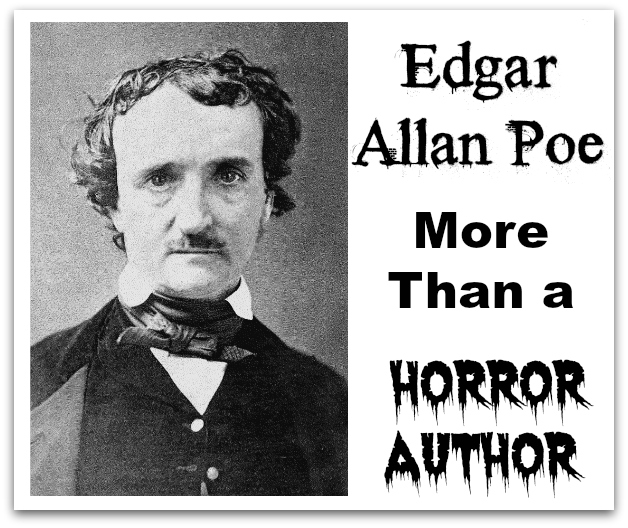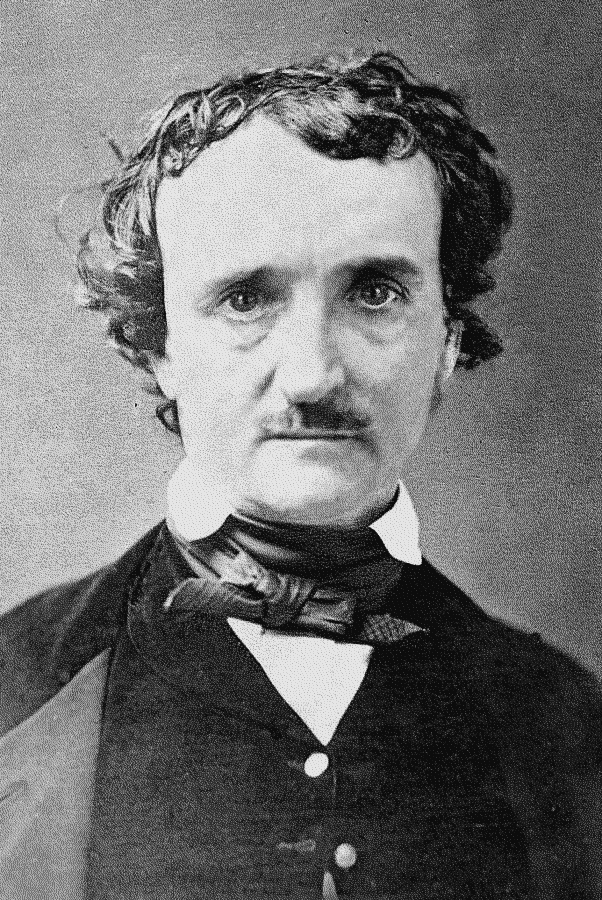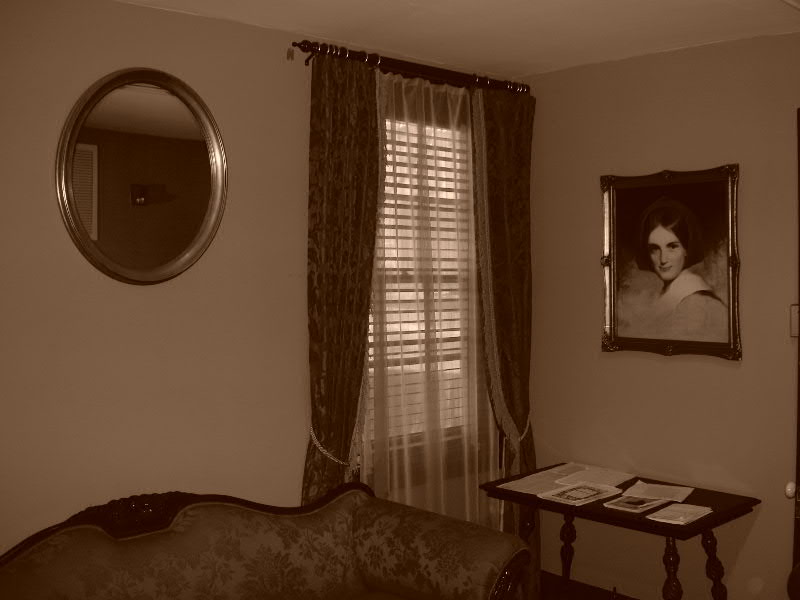
For so many the name of Edgar Allan Poe is synonymous with scary tales and Halloween. This may be in no small part thanks to movies like those starring Vincent Price. I also remember the only time we would read Poe’s work in school was during the month of October. Many are unaware of Poe’s contributions to the world of magazines as an editor, critic, and proprietor. During Poe’s life, many first became aware of him as an author of over one thousand essays, reviews, and articles. In fact, he was even named in a poem as a man with a tomahawk because of the way he critiqued literary works he thought were of lesser quality. Not to mention he wrote many poems, stories, and essays that did not have a macabre theme.
Edgar Allan Poe lived during a time period of American history that saw the nation changing. He was born in Boston in 1809 and would live in many cities along the East Coast including Richmond, Baltimore, New York City, and Philadelphia. During his brief life (1809-1849), the population of the nation tripled and there were great westward developments, new territories to explore and settle, improvements in transportation, and the idea that the common man was replacing that of the elite gentleman thanks to the Age of Jackson.

During the 1800s, there was a steady growth of newspapers and journals which made for great outlets for an author, editor, and critic like Poe. As a literary critic, he was among the first to use a standard for judging the works of others by incorporating theories from earlier writers (Plato, Aristotle, Milton, and Coleridge). For example, in his review of Twice-Told Tales by Nathaniel Hawthorne, he writes “undue length is yet more to be avoided” than brevity as a standard by which to critique works. In his reviews, Poe would examine only the literary work at hand without taking into consideration background or social status of the author. Due to the harsh nature of some of his critiques, Poe offended many colleagues – which led to the defamation of his character after his death.
He was also interested in the problems of copyright, as works could be unprotected and therefore not net the author any monies for their tales or essays. There was a lack of international copyright laws, so publishers could reprint English works rather than print American ones and thus skip paying an author. Poe said: “Without an international copyright law American authors may as well cut their own throats” (as quoted in Silverman biography, p. 247).
In addition to writing, Poe also delivered lectures on occasion. One lecture, originally delivered in Philadelphia – “American Poetry” – was popular enough for him to present it several more times in Baltimore and Wilmington. The popularity of lectures was partly due to the growth of the lyceum movement, where learning and inspiration were being brought to middle-class audiences on a more regular basis.

One important thing – outside the world of horror – that Poe is often remembered for is the creation of the modern detective story. With The Murders in the Rue Morgue and the introduction of C. Auguste Dupin, Poe helped create a new genre that other authors would expand upon for many years after Poe’s death. Even though Dupin is all but forgotten by many, we still remember the likes of Sherlock Holmes, Hercule Poirot, and others.
So, while Poe may be famous for setting the mood in so many famous horror tales, he should also be remembered for more than just scary tales. Perhaps movies are to blame for his strict association with horror? Yet he served as the editor of many magazines such as the Gentlemen’s Magazine and Graham’s Magazine in Philadelphia. He also prepared essays like The Philosophy of Furniture in which he described the perfect apartment in comparison to American homes of the day (which had too much glare and glitter, in his opinion). Death was a very popular topic in the 19th century. One can forgive Poe especially for writing about death so much, though, because he lost so many near and dear to him over the course of his short life.
Recommended works of Edgar Allan Poe:
- Poetry: To My Mother, Romance, and The Bells
- Detective Stories: The Murders in the Rue Morgue, The Mystery of Marie Rogêt and The Purloined Letter are all stories featuring Dupin
- Horror Stories: The Black Cat, The Tell-Tale Heart, and The Cask of Amontillado
—oOo—
A big thank you to Kristen H from A Mom’s Quest to Teach for writing this article.

1 thought on “Edgar Allan Poe – More Than a Horror Author”